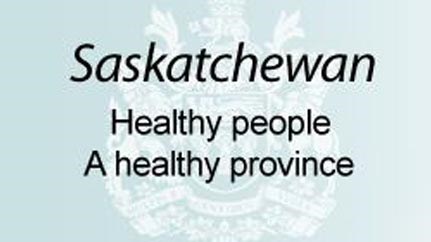The Saskatchewan government released its Mental Health and Addictions Action Plan in December 2014.
The report which was the basis of the Plan was prepared by Dr. Fern Stockdale Winder, explained Gary Shepherd, Director of Mental Health with Sunrise Health Region as he made a presentation to the Sunrise Board last Wednesday.
The Plan encompasses 16 key recommendations including many additional recommendations under each key recommendation, said Shepherd.
Key areas of the plan include;
• Enhance Access and Capacity and Support Recovery in the Community
• Focus on Prevention and Early Intervention
• Create Person and Family-Centered and Coordinated Services
• Respond to Diversities
• Partner with First Nations and Metis People
• Reduce Stigma and Increase Awareness
• Transform the System and Sustain the Change
The Plan does mean changes within the system will be required, and that is a challenge, said Shepherd, but added “we’re (SHR) in a very good position to make significant change.”
In general terms mental health and addictions services (MHAS) has long struggled to meet the growing demand of service requests, and has been focused on improving wait times, said Shepherd.
“Sunrise has struggled to meet the growing demand of services,” he said, adding they are not unique in that.
The MHAS budget in the SHR is 4.38 per cent of the Region’s total budget. Based on the 2012-2013 Provincial Community Program Profile the overall provincial funding for MHAS is at approximately five per cent of the provincial health budget. The National average, as stated by the Mental Health Commission of Canada, is seven per cent with a goal to reach 10 per cent by 2022, detailed Shepherd.
Provincially a main thrust coming out of the provincial Plan is to reduce wait times for patients.
In some areas Sunrise is doing very well in terms of wait times, in particular those needing psychiatry services.
“We are far the best in the province,” said Shepherd.
Shepherd said the MHAS sector is in agreement with all of the recommendations.
“It’s broad. It’s looking at a number of different aspects. It’s about really changing delivery of mental health and addictions services,” he said.
Within Sunrise Shepherd said change is already taking place.
“We have come a long way in the last couple of years,” he said.
One of the positive strides locally has been the development of the Yorkton Family Resource Centre with connection to Triple P Parenting courses as well as the newest development of a family resource centre in Kamsack provides free and accessible parenting support with a focus on early childhood, offered Shepherd.
“It has been extremely successful,” he said. “… It’s such a good thing for the community.”
Another positive initiative within SHR is KidsFirst focusing on in-home early development with parents adds an additional support for at-risk population.
The Salteaux Pelly initiative has opened lines of communication and opportunities for partnerships with the communities of Cote, Keeseekoose and Key First Nations, said Shepherd.
“This opens the doors to some great opportunities for partnerships,” he said. “… On the ground what’s happening for people is really good.”
Although we have a responsive centralized intake function our hours continue to be fixed and informed access to options like HealthLine continues to be under-utilized, detailed Shepherd’s presentation.
That is an area which needs changed, suggested Shepherd.
“People don’t just have their troubles during the day,” he said.




